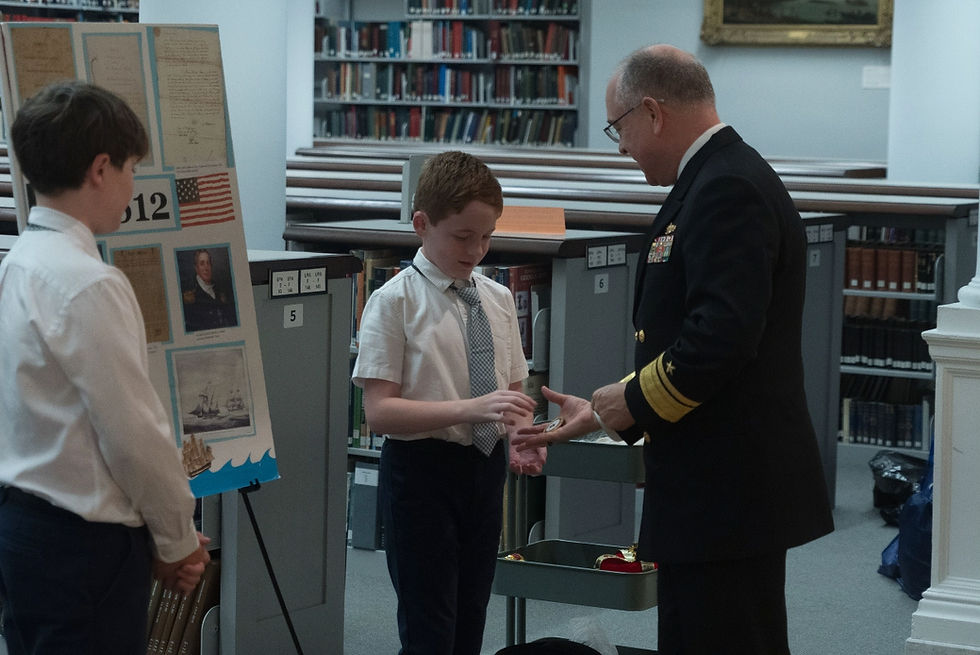Connecting Collections: A Colonial Woman’s Land Ownership
- Jan 26, 2024
- 2 min read
The Frampton and Bickley Family Land Records (Collection 4491)
By Alice Creed

The collection of Frampton and Bickley Family Land Records contains a wealth of information about an influential colonial Philadelphia family from 1677-1793 who were among the “first purchasers.” William Frampton was a Quaker merchant from England. His wife, Elizabeth Frampton, owned and managed some of the family property after William’s death. Multiple documents detail her involvement with the land, confirming the existence of an early colonial female landowner. This collection, filled with land deeds, account books, and wills, paints a portrait of the Frampton and Bickley families’ land ownership and transference of property. Many other colonial family names are mentioned in the documents such as Johnson, Budd, and Turner, thus creating an extensive portrayal of colonial Philadelphia and the surrounding Delaware Valley.
The documents detail Elizabeth’s involvement with the land she inherited. William Frampton’s will stated that Elizabeth would receive 1/3 of the property after his death. This was Elizabeth’s “dower right”, required by law. As a widow, Elizabeth was not allowed to sell this land, but she could earn revenue on its productivity. In the document shown above, Elizabeth transacted the rental of some of this property and its various improvements to Thomas Budd in 1688 for forty pounds a year. Included on this property and its tenure were a brew house, a bake house and related equipment "fitt for the brueing, baking, and maulting." Elizabeth conducted a survey of the Kent County property in 1686, shortly after William’s death. Elizabeth Frampton’s name often features throughout the collection, showing that she had just as big a part in the family business as the men.
Before he came to Philadelphia, William Frampton was a wealthy merchant in New York. He was invited by William Penn to help establish the colony of Pennsylvania. He bought land in Philadelphia, Burlington, and Kent County, among other places in the Delaware Valley. The collection houses land deeds that establish the Framptons as an influential Philadelphia family. William Frampton established himself in the colony by purchasing a lot “near the Blue Anchor (Tavern)” close to the present-day Benjamin Franklin Bridge in Old City; this purchase of the waterfront property demonstrates the essential component of being recognized as a “first purchaser” in Pennsylvania. A copy of a letter from William Penn in the collection details this transaction and orders Frampton to survey the lot (below).

The Bickley family, also represented in this collection, is connected to the Frampton family through Abraham Bickley, who was the son-in-law of Elizabeth Frampton’s third husband. It appears that Abraham Bickley and Thomas Frampton (Elizabeth and William’s son) conducted business together. The Bickleys owned land in Burlington, New Jersey.
This isn’t the first time the Framptons and Bickleys have appeared in HSP’s library. Our collection contains a book called The Frampton Family: With Special Reference to William Frampton, Register General, Province of Pennsylvania 1686, and his Descendants by J.S. Wrightnour, which provides vital context to the family relationships found in these legal documents. The book outlines the family’s structure as well as their origin in Pennsylvania. The shelves in HSP’s Family History Room are filled with published family genealogies like these, which can be a key resource for researchers investigating family and local history.



Comments